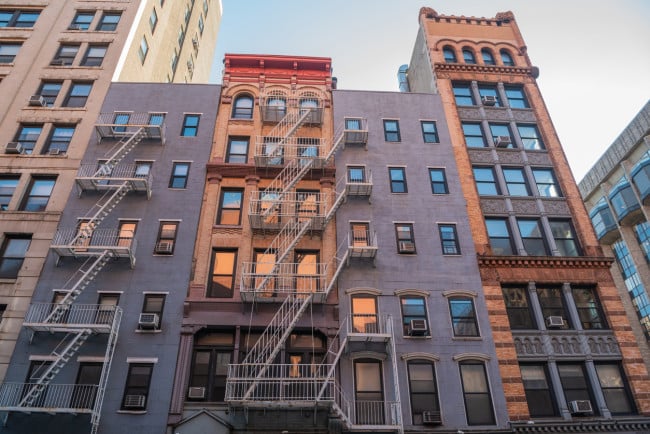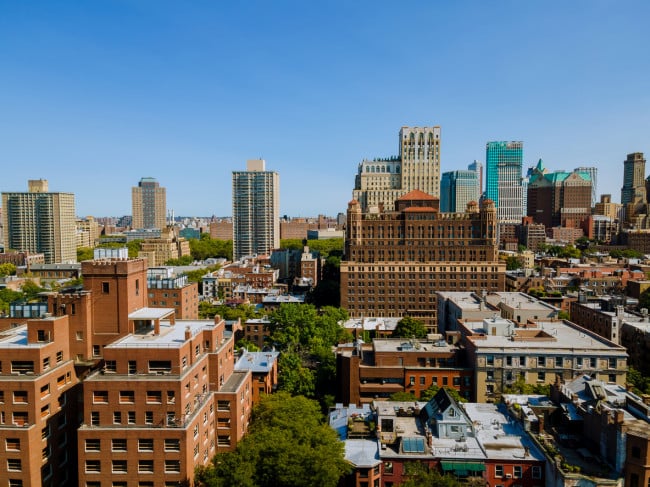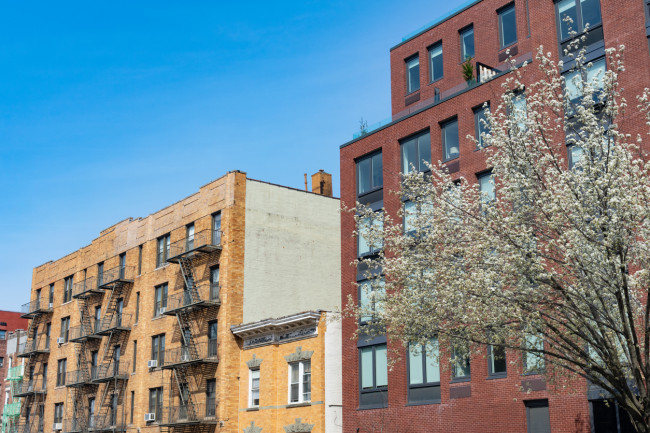Rent increases of 3.25 percent and 5 percent for stabilized tenants are the biggest in a decade

Too much and not enough: The increases leave both rent-stabilized tenants and landlords unhappy.
iStock
Tenants in New York City's one million stabilized apartments can now expect rent increases at lease renewal time of 3.25 percent for one-year leases and 5 percent for two-year leases as a result of a final vote last night by the Rent Guidelines Board, the city agency that determines rent increases for rent-stabilized apartments.
It's estimated there are more than two million New Yorkers living in rent-stabilized apartments throughout the city. The increases will take effect on leases beginning on or after October 1st, 2022.
The hikes are the biggest in a decade and follow two years where due to the pandemic, increases were first frozen and then partially frozen.
Tenant groups slam decision
The tenants' rights group Met Council on Housing slammed the approved increases as "shameful" and "callous," adding that "raising rents during a time of financial uncertainty will have devastating repercussions and continues a pattern of government surrender to the real estate lobby."
The board voted 5 to 4 in favor of the increases. As the first vote to take place during Mayor Eric Adam's tenure, it represents a shift from previous years. Throughout Bill de Blasio's time as mayor, increases for one-year leases did not go above 1.5 percent—and hikes did not exceed 2.75 percent for two-year leases.
In a statement, board member Sheila Garcia, who is also director of community organizing at New Settlement, called the rent hikes a "disgrace" and pointed out many of those affected could now be at risk of losing their homes. "Our communities deserve better; they deserve a fair and equitable process and tonight, our city has failed them,” she said.
Landlords not satisfied
The increases leave landlords unhappy too. They argue their business is being squeezed by rising inflation, utilities, maintenance costs, insurance premiums, and taxes and they should be able to increase the rents accordingly. Landlord representatives on the board had previously argued for increases in the range of 4.5 percent to 6.5 percent for one-year leases and from 6.5 percent to 8.5 percent for two-year leases.
In a statement, the Real Estate Board of New York said the increases were the "only realistic approach available," as property taxes and water rates increase and other means for owners to pay for improvements have been removed.
Why landlords are pushing back
When the Housing Stability and Tenant Protection Act was passed in 2019, it became much more difficult for landlords to cycle their apartments out of the stabilization program. This angered landlords who predicted their buildings would deteriorate because they wouldn't be able to afford the upkeep.
Many landlords have since fought hard—and successfully—to prevent the passage of further tenant protections like the Good Cause eviction bill, which stalled in the last legislative session. It would have ensured automatic lease renewals for nearly all market-rate renters, blocked major rent hikes, and prevented eviction unless there was "good cause." These are protections already extended to rent-stabilized tenants.
How to get a rent-stabilized apartment
Landing a place to live through New York City's housing lottery for rent-stabilized apartments is one of the few avenues to affordable housing here. Limited rent increases, like the one approved last night, are still far below the extreme rent hikes that renters market rate apartments are facing at renewal time in the current competitive market. If you need help applying to the housing lottery, reach out to the program's housing ambassadors.
You Might Also Like




























